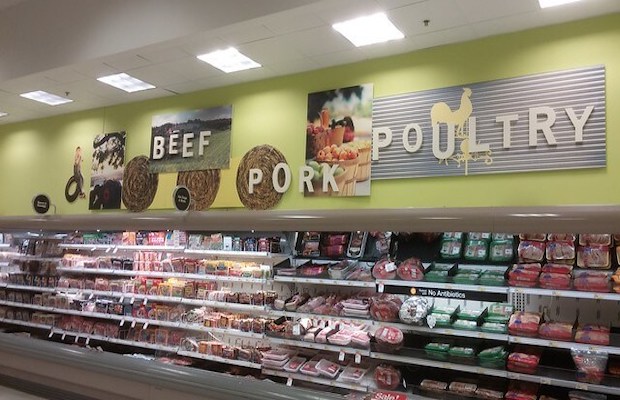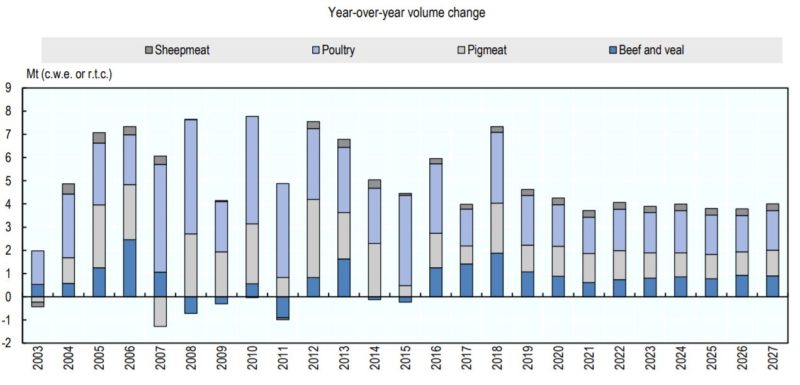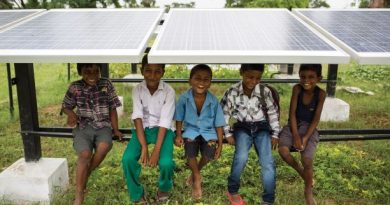Fighting Climate Change. The Free Pass for Meat Eating

Climate change is upon us. Statistics, and poll upon poll, demonstrate that clearly. Also, it is with good reason that the carbon emissions, or footprint caused by transportation and energy, which together account for over 60% of global emissions, have been under the spotlight.
However, the animal rearing and meat industry are still relatively unscathed, only becoming visible now when the evidence against it is too prominent to be ignored. That’s because of two very important reasons.
One, the fact that animal protein remains a critical source of protein for a huge segment of the global population, providing a rich, relatively cheap, and for almost all people, a superior taste experience for its consumers. That straightaway makes any calls for treating it like any other carbon source an issue.

Secondly, in most cultures, especially in the biggest global markets, from China to the US to Europe and Latin America, meat-eating is an intrinsic part of cultures and traditions. It is associated with growing affluence, progress, and even connect to their origins. Helping keep this myth going is significant involvement in terms of population segments in the trade. So you have regions in Latin America and Japan known for the quality of their beef, in Italy for their ham, and even China, for the quality of the pork. These are strong, culturally entrenched traditions that area a sense of pride for these regions.
So terrified have politicians been of tackling, or even questioning the beliefs around meat consumption, that even the most obvious questions have rarely been asked. Worse, this is a classic example given, about framing the whole issue of combating climate change with too many ‘sacrifices’, which makes it a tougher sell, and hard action more difficult consequently. This leads to energy and efforts being expended on much more smaller actions. to give just one example, consider how the world seemed to be going after plastic straws through all of 2018. While every action was welcome, the fact remains that cigarette butts are 3 to 4 times worse for the oceans as compared to plastic straws, and barely any action has been taken there yet. Tobacco, despite being among the most heavily taxed industries worldwide, has simply been milked for taxes, with hardly any effort to actually try and clean up its practices that are harming the environment.

But today, there is no doubt that, beyond the carbon emissions, rearing animals for consumption has many other implications. Be it the amount of water that goes into each kg of meat, in an increasingly water-stressed world, to the damage to the ground from animal waste, especially pork farms and the like. The question is, what can be done? As always, there are some easy options, that government’s across the world can start with. Options that do not even seek to put any sort of full stops on consumption, but a pause to control the worst impact of meat consumption. So what could be the starting points? Three, for starters.
One, educate. While preventing meat consumption is clearly not going to work, like tobacco in the 1980s and beyond, people certainly can be informed about the impact of the meat they consume. Be it in terms of the carbon footprint of the produce, or whether it comes from a free-range versus caged versus ‘accelerated’ growth factory.

Secondly, an obvious start is to prevent over-consumption. While per capita figures for a country like India are way below global standards, within India too, there are people heading for serious health issues due to over-consumption of meat. And we are not even talking substandard produce. Educating people on the right servings of meat, the health effects of red meat, or even overconsumption of fried meat, much like sugar in the diet, would be a great start. This, along with steps to prevent wastage, for instance, would be a great start immediately.

Finally, when it comes to the most ‘polluting’ meats like beef, pork and lamb, education curricula need to be revised to include just what each of these consume in terms of resources, versus other meats like chicken and fish, for instance, and of course, vis a vis vegetarian options. Keeping information flow clear on the risks and outbreaks of disease in meat producing sectors is also an important aspect necessary for consumers to make informed decisions on their meat consumption.
The greenhouse gas footprint of animal agriculture rivals that that of every car, truck, bus, ship, airplane, and rocket ship combined. Consider the research study commissioned by US-based firm Beyond Meat, a team that stripped down the core components of meat and extracted them from plants instead, using ingredients like peas, beetroot, coconut oil and potato starch. The study conducted by the University of Michigan found that a quarter-pound Beyond Burger requires 99 percent less water, 93 percent less land and generates 90 percent fewer greenhouse gas emissions, using 46 percent less energy to produce in the U.S. than its beef equivalent. This equates to the fact that a 41-square-foot plot of land can produce just one beef burger for every 15 Beyond Burgers.
It is clear that for its own future, meat eating needs to be limited to special occasions and to a balance that the earth can carry. Even the Chinese government is finally getting the message, prodded no doubt by the worst outbreak of the disease in its pork farms, and previous issues with other meat products. The aware citizenry is already demonstrating how a meat-heavy diet is not at all superior to a more balanced diet when it comes to longevity and overall health.
It’s a decision the government can help more and more people take, by simply telling the truth about meat.




